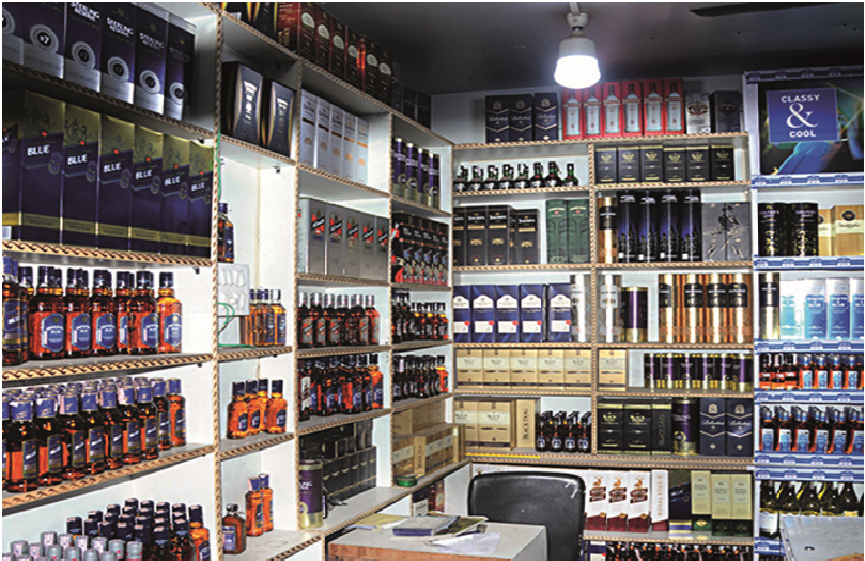
Alcohol is a central nervous depressant that slows brain function. Alcohol has sedative effects that may produce sensations of relaxation and tiredness, but excessive alcohol use has been associated with poor sleep quality and duration. Insomnia symptoms are typical in people with drug use disorders. Alcohol use has been found in studies to aggravate the symptoms of sleep apnea. Drinking in moderation is usually seen to be harmless, however everyone reacts differently to alcohol. As a result, the effect of liquor from liquor shop on sleep varies greatly depending on the individual.
Does Alcohol Aid Sleep?
Because of its sedative characteristics, alcohol may help with sleep onset, helping you to fall asleep faster. People who drink before bed, on the other hand, frequently have interruptions later in their sleep cycle when liver enzymes digest alcohol. This can also result in excessive daytime drowsiness and other problems the next day. Furthermore, drinking to fall asleep might lead to tolerance, which forces you to consume more alcohol each night in order to feel the sedative effects.
Is alcohol different for men and women?
Women, on average, show indications of drunkenness earlier and with smaller doses of alcohol than males. This is mostly due to two things. For starters, women often weigh less than males, and individuals with lower body weights frequently become inebriated faster. Most women also have less water in their bodies than males. Because alcohol circulates via water in the body, women are more likely than males to have greater blood alcohol concentrations after drinking the same amount of alcohol.
Will a Small Amount of Alcohol Have an Impact on My Sleep?
Excessive alcohol use is likely to have a greater harmful influence on sleep than light or moderate alcohol usage. However, because the effects of alcohol vary from person to person, even little doses of alcohol might interfere with sleep quality for some people. Compared to sleep quality among patients who drank varying quantities of alcohol from liquor shop results are as follows:
Low alcohol consumption (less than two drinks per day for males and one serving per day for women) reduced sleep quality by 9.3%.
Moderate alcohol use (two glasses per day for males, one serving daily for women) reduced sleep quality by 24%.
Alcohol use (more than two drinks per day for males and one serving per day for women) reduced sleep quality by 39.2%.







Leave a Reply
You must be logged in to post a comment.